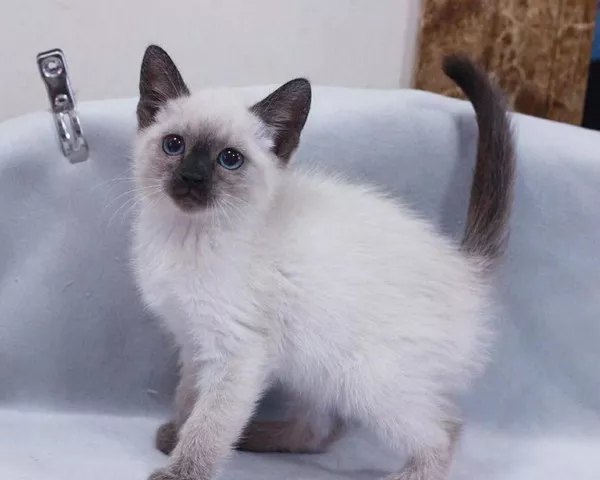Balinese cats are a popular breed among cat enthusiasts due to their elegant looks, lively personalities, and affectionate nature. However, as much as we love spending time with our feline companions, there may be times when we need to leave them alone for extended periods. In this article, we’ll explore whether Balinese cats can be left alone and provide some tips on how to make the experience as stress-free as possible for both you and your furry friend.
The Nature of Balinese Cats
Balinese cats are known for their playful and sociable nature. They thrive on attention and affection from their owners and enjoy interactive playtime, including chasing toys and climbing on furniture. Balinese cats are also intelligent and curious creatures, often exploring their surroundings with enthusiasm. Their outgoing personality makes them an excellent choice for households with children or other pets.
However, like all cats, Balinese cats have unique personalities and preferences. Some may be more independent than others and require less attention, while others may become anxious or destructive if left alone for too long. It’s essential to understand your cat’s individual needs and adjust your care accordingly.
How Long Can Balinese Cats Be Left Alone?
As a general rule, it’s best not to leave a cat alone for more than 24 hours without someone checking on them. However, the amount of time that a Balinese cat can be left alone depends on several factors, including age, health, personality, and living conditions.
Kittens under six months old should not be left alone for more than four hours at a time. They require frequent feeding and socialization to develop into healthy and well-adjusted adults. Adult Balinese cats can typically tolerate being alone for longer periods, ranging from six to twelve hours, depending on their temperament and living situation.
If you plan to be away for an extended period, such as a weekend getaway or vacation, it’s best to arrange for a pet sitter or a trusted friend or family member to check on your cat daily. This ensures that they receive proper care and attention while you’re away.
Preparing Your Home for Alone Time
To ensure your Balinese cat feels comfortable and stress-free during the time you’re away, it’s essential to prepare your home accordingly. Here are some tips:
1. Provide adequate food and water – Make sure your cat has access to fresh food and water throughout the day. Consider using an automatic feeder or water fountain to provide a constant supply.
2. Keep your home safe – Remove any hazardous items from your cat’s reach, such as toxic plants, electrical cords, or small objects that could be ingested.
3. Create a comfortable space – Provide your cat with a cozy bed, blankets, and toys to help them feel secure and prevent boredom.
4. Use pheromone sprays – Feline pheromones can help reduce anxiety and promote relaxation. Consider using a diffuser or spray to create a calming environment.
5. Consider hiring a pet sitter – A pet sitter can provide companionship, playtime, and feeding while you’re away, reducing your cat’s stress levels.
Signs of Separation Anxiety
Some Balinese cats may experience separation anxiety when left alone for extended periods. Signs of separation anxiety can include excessive meowing, destructive behavior, urinating outside the litter box, or refusing to eat or drink. If you notice these behaviors, it’s essential to address them promptly to prevent long-term problems.
Here are some tips for managing separation anxiety:
1. Gradual desensitization – Encourage your cat to become accustomed to being alone by gradually increasing the amount of time they spend by themselves.
2. Provide distractions – Leave toys, puzzles, or treats to keep your cat entertained and engaged while you’re away.
3. Consult with your veterinarian – If your cat’s separation anxiety is severe, your veterinarian may recommend medication or behavioral therapy.
Conclusion
In conclusion, Balinese cats can be left alone for moderate periods, depending on their age, health, and personality. However, it’s essential to provide them with proper food, water, and a safe and comfortable environment. If you plan to be away for an extended period, consider hiring a pet sitter or trusted friend or family member to check on your cat. Always monitor your cat’s behavior and address any signs of separation anxiety promptly to ensure that they remain happy and healthy in your absence.



























